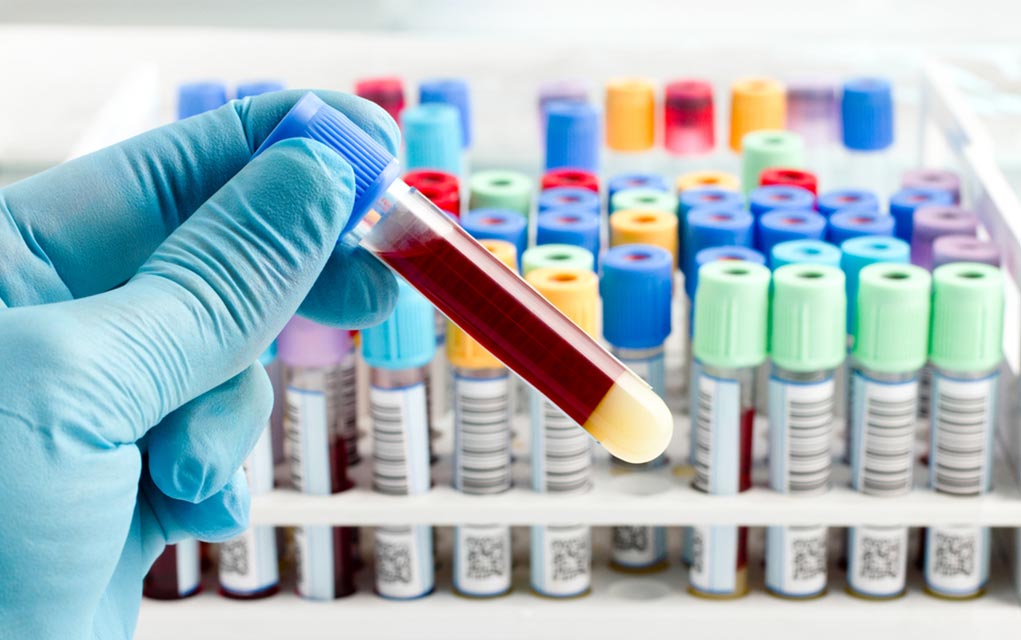Blood Test May Reveal Some Risks of Premature Death

It may be morbid to think about, but have you ever wondered how old, or young, you’ll be when you pass on? Knowing the risk factors of an individual for premature death may allow them time to change diet, lifestyle, and overall fitness to increase the odds of living a longer life. And it turns out that understanding the risk of premature death may be as easy as having a simple blood test.
Inflammation and Immune Condition Markers
Current blood tests that we may be used to having typically look for specific issues, such as high cholesterol or blood sugar. But of course, there are many tests most of us have never heard of such as those providing information on immune conditions and inflammation markers. Patients may even receive these tests and not know the details or realize because their meaning is often lost on all but the doctor ordering the test. Now, medical professionals are starting to take a closer look at lymphocytes, a type of white blood cell.
A lower level of these cells, called lymphopenia, may indicate a higher risk of dying early, independent of other health and environmental factors. People with low levels of lymphocytes are at higher risk of death from cancer, heart disease, and respiratory illnesses, such as influenza and pneumonia.
Why Lymphocytes Matter
Lymphocytes, a kind of white blood cell, are designed to fight infection and inflammation. When there are fewer of them in the body, the risk of these problems is higher. But a bigger issue comes in when a low lymphocyte count is paired with information on C-reactive protein and red blood cell distribution. Studies have shown issues with red blood cell distribution and C-reactive protein may magnify the premature death risk associated with low lymphocytes.
Screening is Inexpensive and Convenient
It’s currently believed that around 20% to 40% of the population in the United States has low lymphocyte levels and may be at a higher risk of premature death. That may reveal that those with the highest risk profile have a 28% risk of dying within the next decade, while those with the lowest risk profile have only a 4% risk. The significant difference in risk between those groups is worth studying.
Treatment Options for the Future
Right now, scientists are uncertain about the biology behind this issue. In other words, they aren’t sure why lower lymphocyte levels may be such a serious problem when it comes to the risk of dying early. But studies are ongoing, so hopefully, there will be more information about this issue in the future. Without the ongoing research, doctors can currently use the markers to identify who may be at risk but as yet have no treatment options to provide.
A better understanding of the role lymphocytes play and why some people have fewer of them can help medical professionals find appropriate treatments. For now, the goal is to continue looking for correlation—that is, why does this happen and what else is tied to low lymphocytes—and to inform patients so they can be aware of risk factors and potential issues. People with lower lymphocytes can then be mindful of staying as healthy as possible to reduce any possible premature death risk. In the meantime, we will keep recommending vegetables, fruit, and exercise—and we will probably ask to have our lymphocytes checked—if only as a marker.
Copyright 2020, Wellness.com

Related Keywords







